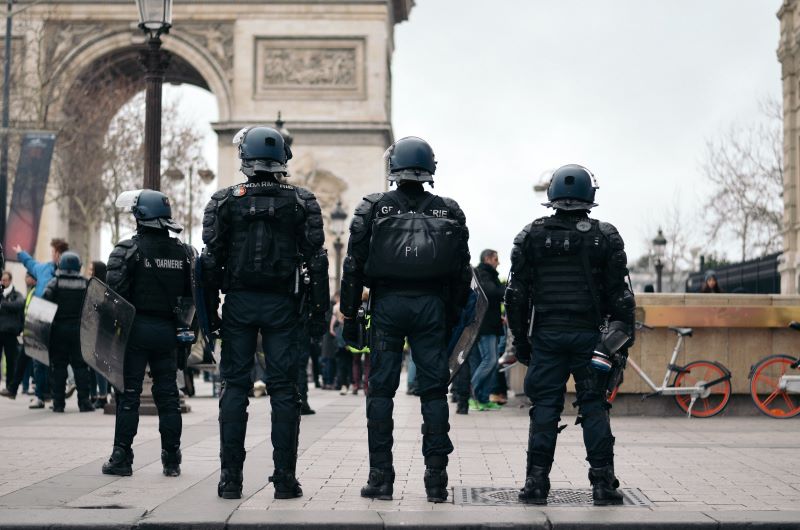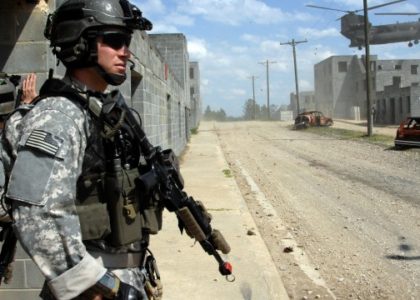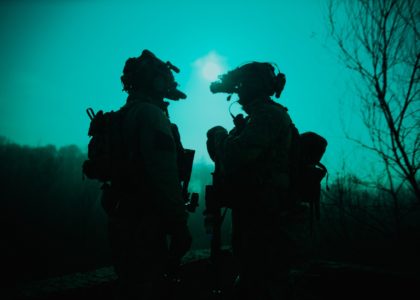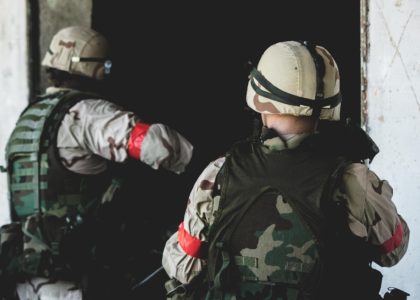Millions of lives are saved each year by ballistic shields, which act as critical safety equipment. For anyone looking to buy a ballistic shield for the first time, it can be challenging to choose what is right for them. Since there are various primary factors, including threat level, handling, size, and cost, one should consider which ballistic shield is best suited for them.
Choosing the right ballistic shield often comes down to the ballistic shield’s threat level or protection level, which is also the most difficult thing to understand. You must know what level of protection your shield offers you and what type of gun you can protect against. To ensure that body armor users know exactly what level of protection it will offer, the National Institute of Justice (NIJ) has established and updated minimum performance standards. NIJ has classified ballistic shields into 5 different levels of threat resistance. The order given is Level IIA, Level II, Level IIIA, Level III, and Level IV.
It is rare for ballistic shields to be made of the NIJ Level IIA or Level II materials, which are soft armor protection materials. In comparison to Level IIA, Level II is designed to protect against .9mm FMJ traveling at speeds of 1,430 ft/s and .357 Magnum JSP at speeds of 1,245 ft/s. A ballistic shield of Level IIIA is designed to stop most common handgun rounds, such as .357 Sig FMJ FN rounds traveling at 1470 ft/s and .44 Magnum SJHP rounds traveling at 1430 ft/s. Level III armor is hard armor designed to resist 6 spaced hits by 7.62x51mm NATO FM shells accelerated to 2780 feet per second, which is similar to the .308 Winchester shell used in hunting.
According to NIJ 101.06 standards, Level IV ballistic shield plates provide the greatest protection. The shields are designed to survive a single hit from an armor-piercing weapon. As of this writing, they have been tested to withstand 7.62MM armor-piercing (AP) bullets (also known as .30-06 and 30 to 6 bullets) traveling at a velocity of 2880 ft/s.
For more great articles, please click here.





